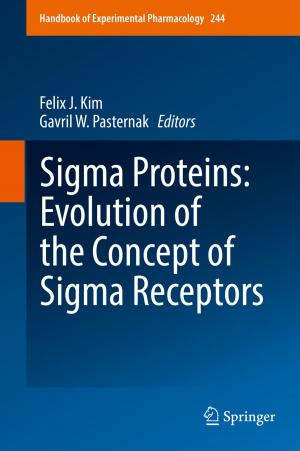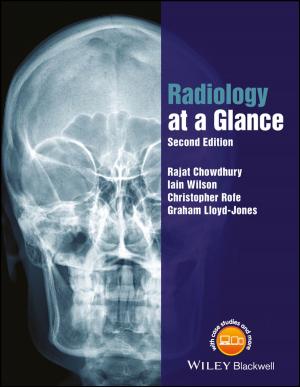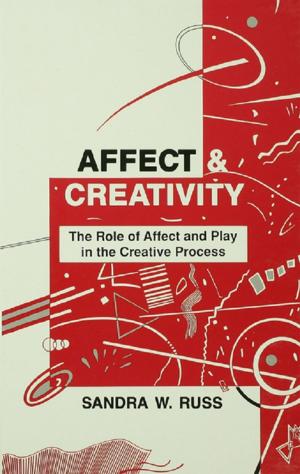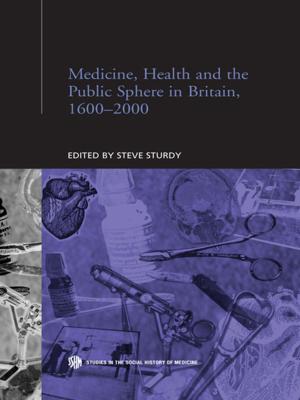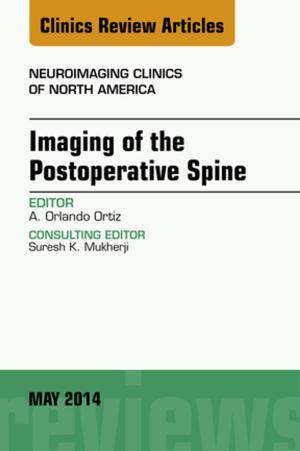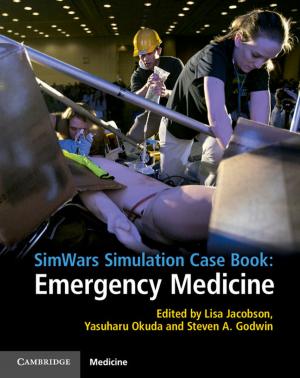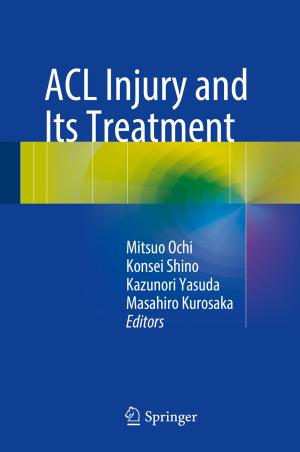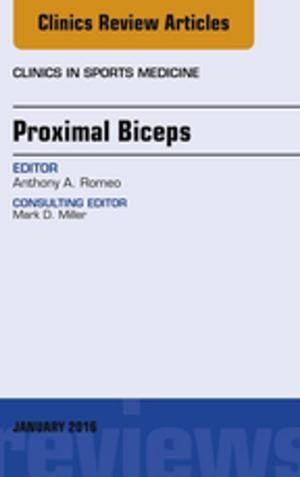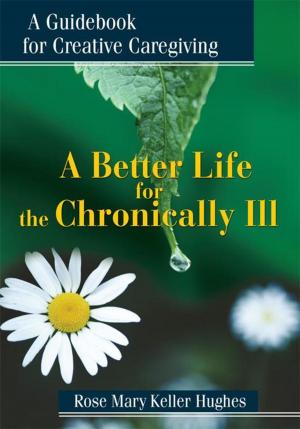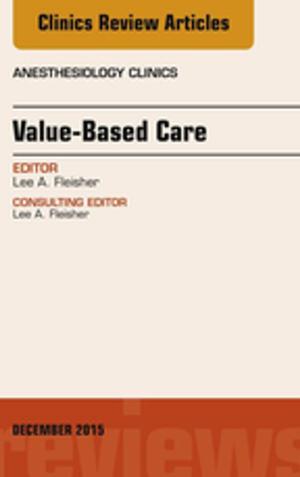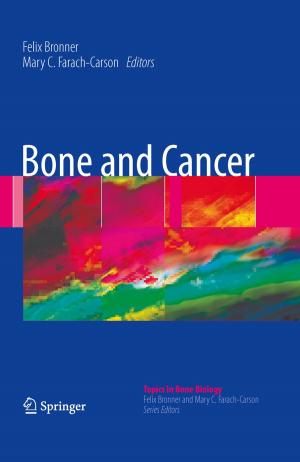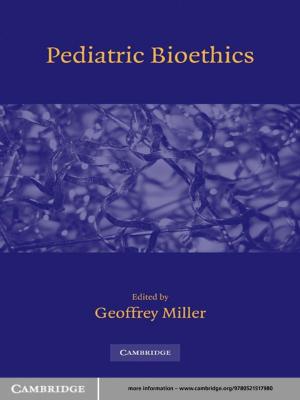Hubertus Strughold
Life and Work in the Fields of Space Medicine
Nonfiction, Health & Well Being, Medical| Author: | Mark Campbell, Viktor Harsch | ISBN: | 9783937394985 |
| Publisher: | Rethra Verlag | Publication: | April 29, 2014 |
| Imprint: | Language: | English |
| Author: | Mark Campbell, Viktor Harsch |
| ISBN: | 9783937394985 |
| Publisher: | Rethra Verlag |
| Publication: | April 29, 2014 |
| Imprint: | |
| Language: | English |
Dr. Hubertus Strughold was an early pioneer of aerospace medicine. He was the Director of the Aeromedical Research Institute of the German Air Ministry in Berlin during World War II. After the war, he was brought to the U.S. as a part of "Operation Paperclip" and was instrumental in the early development of space medicine. His contributions were so fundamental that he is called "The Father of Space Medicine" and the Hubertus Strughold Award is given yearly by the Space Medicine Association for individual achievement in space medicine. Following his death, criticism of his possible involvement in World War II atrocities has emerged and most of his honors have been removed. This book is a detailed and well referenced biography of Dr. Strughold. The details concerning the controversy of his activities in World War II are covered comprehensively for the first time. "We knew only a small part, and remained silent. We know more now and this along with the consciousness: if we would have known it, we would have also been silent." Existential philosopher K. Jaspers, Heidelberg 1947
Dr. Hubertus Strughold was an early pioneer of aerospace medicine. He was the Director of the Aeromedical Research Institute of the German Air Ministry in Berlin during World War II. After the war, he was brought to the U.S. as a part of "Operation Paperclip" and was instrumental in the early development of space medicine. His contributions were so fundamental that he is called "The Father of Space Medicine" and the Hubertus Strughold Award is given yearly by the Space Medicine Association for individual achievement in space medicine. Following his death, criticism of his possible involvement in World War II atrocities has emerged and most of his honors have been removed. This book is a detailed and well referenced biography of Dr. Strughold. The details concerning the controversy of his activities in World War II are covered comprehensively for the first time. "We knew only a small part, and remained silent. We know more now and this along with the consciousness: if we would have known it, we would have also been silent." Existential philosopher K. Jaspers, Heidelberg 1947


